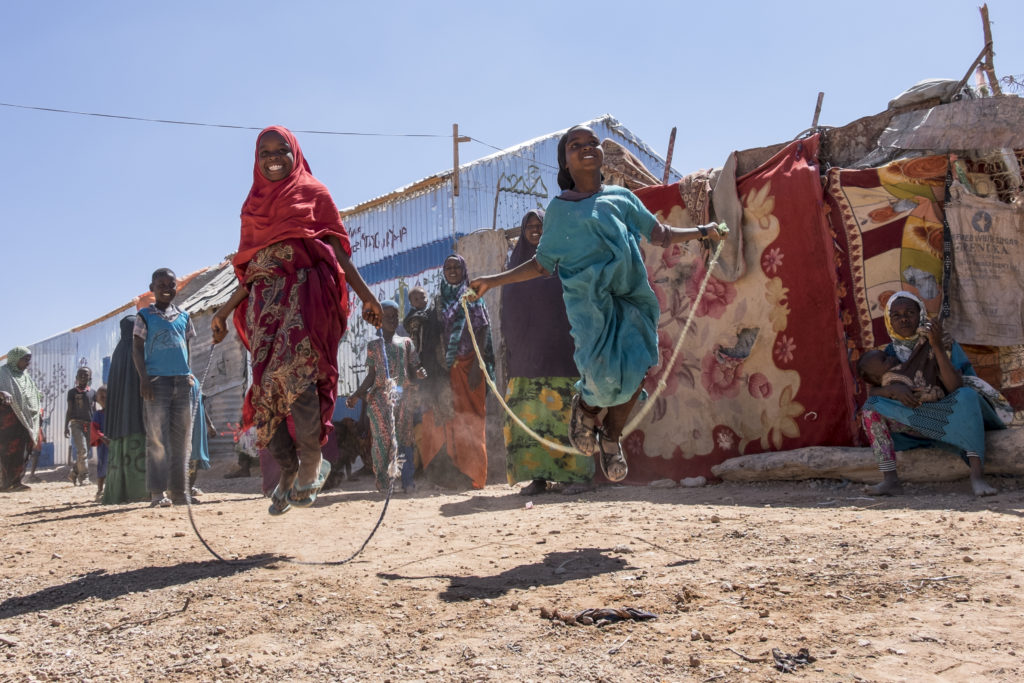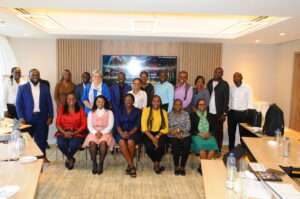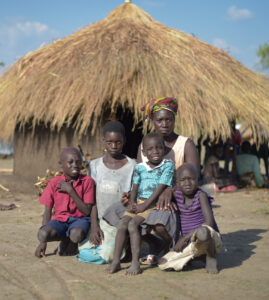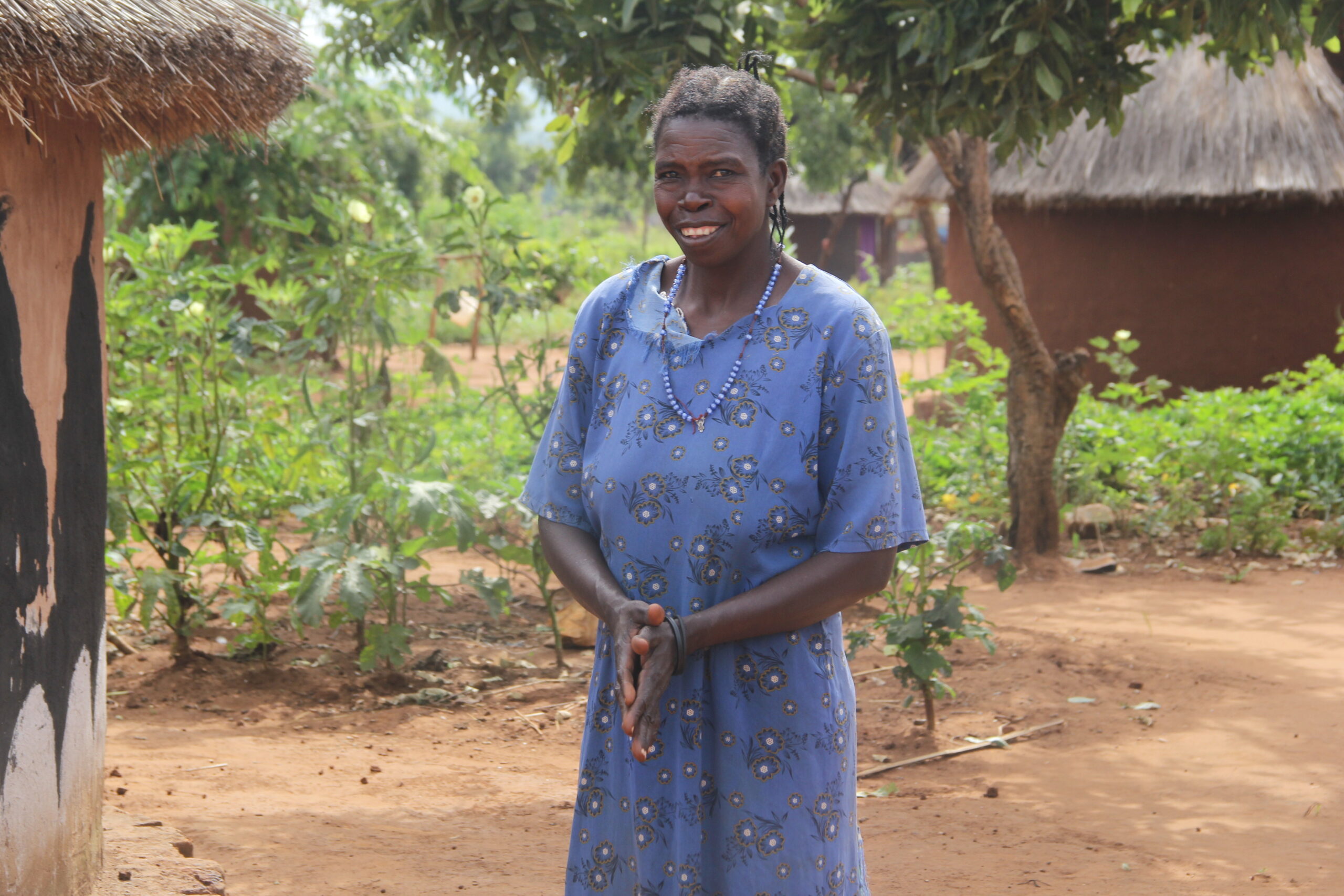The operational environment in 2021 for durable solutions in the Horn of Africa region was reflective of the global shift that happened in 2020 with the advent of the COVID-19 pandemic. For displacement affected communities (DACs), the majority continue to live in protracted displacement situations as their host countries’ political and economic climates deteriorate. The shrinking pool of resources has also reduced programme reach and scope for practitioners in displacement and durable solutions. In contrast, political constraints have, in some instances, threatened operations. Despite these challenges, some hard-fought gains were realised across the region, reflecting the resilience of the DACs and the organisations working to ensure the realisation of durable solutions.
As a regionally-based and regional serving secretariat, ReDSS had to navigate disparate challenges in its operations across the region. However, these challenges have also opened up opportunities for reflection on our work, in-country priorities and most importantly, ReDSS’ catalytic role to its members and other durable solutions stakeholders key among them, the DACs.
We are pleased to share the ReDSS Annual Report, which highlights the operating context in 2021 and our Workplan in 2022.
What’s Inside
The two-part report contains a retrospective look at our operations internally and work at the country level as well as the focus for 2022 and beyond.
- Part 1 – outlines our achievements across the four pillars -Research and Analysis, Policy Dialogue, Capacity Development and Coordination. It also offers reflections across the pillars per country and at the regional level, which inform part of our priorities for 2022. It also highlights operational changes, especially on the constitution of staff.
- Part 2 – outlines our ambitions for 2022 and beyond, which include a refined strategic direction and overall approach flanked by the country and regional workplans.
Acknowledgements
ReDSS work and achievements are made possible through the active engagement and generous contributions from its members and funding partners (UK FCDO, SDC, EU, ECHO, and DANIDA). ReDSS would like to thank them for their continued generous support and commitment to durable solutions in the East and Horn of Africa region.



